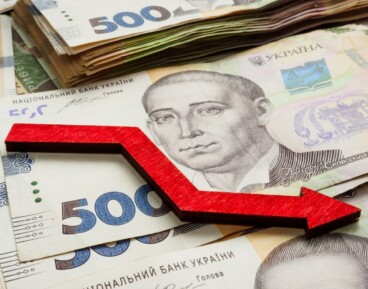German automotive industry at a crossroads
Kategoria: Business
Ukrainian steelmakers’ 2009 preliminary net loss reached UAH 5bln (USD 600mln), down from the 2008 net income of UAH 17bln (approx. USD 3bln), according to Vasiliy Kharahulah, CEO of the Metallurgprom Association. We consider this a comparatively good result, taking to account the fact that 2009 sales dramaticall dropped (almost by 37%).
According to opinion of Astrum investment company, the drop of rolled steel output by 16% and rolled steel prices by 24% (in hryvnia terms) will result in a 36% drop of Ukrainian steelmakers’ net sales in 2009. Expert expect Azovstal, ArcelorMittal Kryvyi Rih and Mariupol Illich will be the only profitable steelmakers in 2009 in terms of net income.
In 2010, growth is predicted: net sales should grow by 39%, driven by output growth by 11% and prices growth of 25%. The 2010 net income margin should be 4%-6% on average.
We would like to outline that it is sharp devaluation of grivna gave a nice chance to steelmakers to increase their profitability and keep the losses low. Ukrainian currency lost almost 40% of its value since the beginning of financial crisis, softening the effect global downturn on local exporters.
Steelmakers are number one Ukraine’s exporting sector, traditionally accounting for about 40% export sales. This is compatible to share of oil in Russia’s exports.


